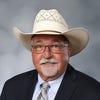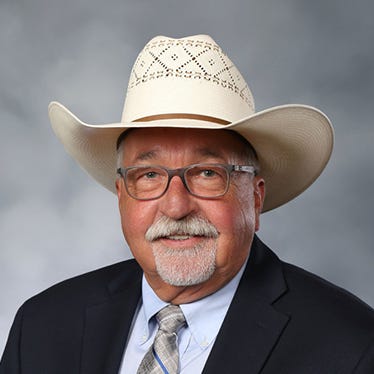June 28, 2017

We all know the farming community is a small, close-knit group of individuals. For as long as I can remember, most every farmer in a given county knows, or knows of, every other farmer in that county, because they see each other at the sale barn, feed store, farm supply store and farm meetings on a regular basis. Because of recent events, I’ve concluded that the agricultural community is getting wider but staying small.
About three years ago, I picked up my state cattlemen’s magazine to thumb through the issue and was struck by the pictures of thirty-some young people who had received a college scholarship sponsored by the organization. A short profile accompanied each photograph, highlighting their hometowns, involvement in the beef industry and names of their proud parents. The entire state was well-represented, and I was impressed with the accomplishments as I read the short biography of each youngster. As I put down the magazine, it dawned on me that I knew almost every one of the kids — or their parents. What a small world.
The “small world” concept can also be used to explain how a normal 30-minute trip to the local feed store can often take two hours or more, because the three farmers I run into during my outing are not the same three that were there last week. We have to catch up on the news and happenings.
But the kicker to the extent of our small community came last week.
As I continue to downsize my farming operation while easing into old age, I decided to put all my haying equipment up for sale on a popular computer app. I’ve received lots of calls and have been pretty successful at selling most of the pieces of machinery, but one evening I got a call that was identified by an area code with which I was unfamiliar. The caller asked if I still had my mower, and I answered that I did. After a few questions about the age and condition of the mower, he asked, “Just where are you located?”
“I am in the southwestern corner of Missouri,” I answered. “From where are you calling?”
“I’m from outside the little town of Centerville, Iowa,” he proudly answered.
Now, folks, I probably know fewer than a dozen farmers in the entire state of Iowa, and I live more than 300 miles south of Centerville, but two of the people I do know live in that small, rural town. I asked him if he knew my friends.
There was a rather protracted length of silence before he stammered, “Well … er … yes … I do.”
Yes, it is a small world of farmers, and no, he didn’t buy my mower. I sold it the next day to a farmer who lived 200 miles closer and whose cousin had been my FFA president in the first school where I taught agriculture — 43 years ago.
Crownover writes from Missouri.
About the Author(s)
You May Also Like






